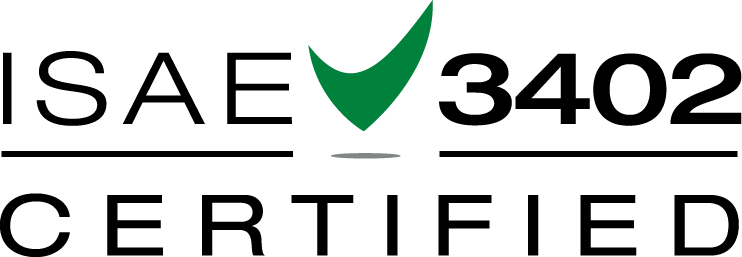In combating money laundering and terrorist financing, the government has (too) high expectations of gatekeepers but what if a gatekeeper fails to live up to this imposed role?
In combating money laundering and terrorist financing, the government has assigned a major role to organizations that provide access to the financial system; the so-called Gatekeepers. The Money Laundering and Terrorist Financing Prevention Act (Wwft) specifies which service providers must conduct customer due diligence and report unusual proposed and executed transactions to the Financial Intelligence Unit (FIU). To make the term ” unusual” more tangible, so-called objective and subjective indicators were formulated. Objective indicators are unambiguously formulated and should always be reported to the FIU as soon as possible. Subjective indicators involve the service provider’s assessment of whether there is a link to money laundering and/or terrorist financing. The reporting obligation also covers failed client investigations where a possible link to money laundering and/or terrorist financing is assumed.
Despite the noble goal of combating money laundering and preventing terrorism, these obligations weigh heavily on institutions subject to the Wwft. For example, KPMG calculated that about 15% of the employees of the four largest Dutch banks are engaged in preventing financial economic crime. However, it does not look like the gatekeepers’ responsibilities will be reduced. There may even be a cog!
Better
monitoring
In line with the recommendations of the Financial Action Task Force, the international money laundering watchdog, the cabinet wants to “improve” the supervision of lawyers, notaries, accountants and certain groups of crypto service providers, and examine the possibility of increasing the penalties for money laundering, especially for the group of facilitators. Thus, even more attention will be paid to Gatekeepers in how well they fulfill their imposed role. If they fail to do so then there are a number of ways in which this could turn nasty, such as criminal or administrative law.

Failure to report unusual transactions or late reporting and failure to conduct proper customer due diligence is considered an economic crime or alseconomic crime when there is “intent” under the ” Economic Crimes Act.” In everyday life, we understand intent to mean “acting knowingly” but in the legal view, lack of knowledge and good intentions do not excuse violations of the Wwft. Violation of the Wwft can result in two to four years in prison and fines of up to €900,000 for a natural person or 10% of annual turnover for a legal entity. It becomes even more annoying and costly when there is also “debt laundering” as was the case with ING and ABN AMRO at the time. An added disadvantage is that criminal investigations can take a very long time, allowing “suspects” to ” dangle” for years and barely get back to work.
More
measures
Instead of the public prosecutor (but by mutual agreement), the supervisor can also take formal action such as a fine. The law stipulates that the maximum amount of the administrative fine is a modest 5 million euros unless there is recidivism within five years. The maximum height is then doubled. In addition to issuing fines to the violator or actual supervisor, other formal measures are possible. Licenses can be revoked, executives removed, receivership, issuing a public warning, giving a direction or imposing a penalty. In principle, formal measures should be published so that “everyone can learn from them.” The regulator does not see this as “naming and shaming” but obviously opinions differ on that.
So far, regulators seem to favor prevention and informal measures over formal ones. Informal measures should include norm-transfer letters and conversations. According to the AFM, informal measures are more effective and a lot cheaper.
The choice to deploy a particular instrument depends on the goal to be achieved which also considers the severity and duration of the offense, the degree of culpability and the compliance orientation of the offender. All the more reason to invest in development-focused, knowledgeable employees.










